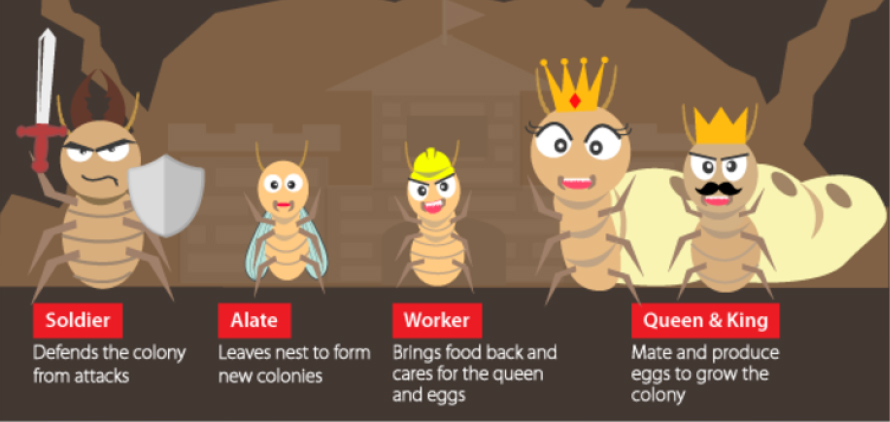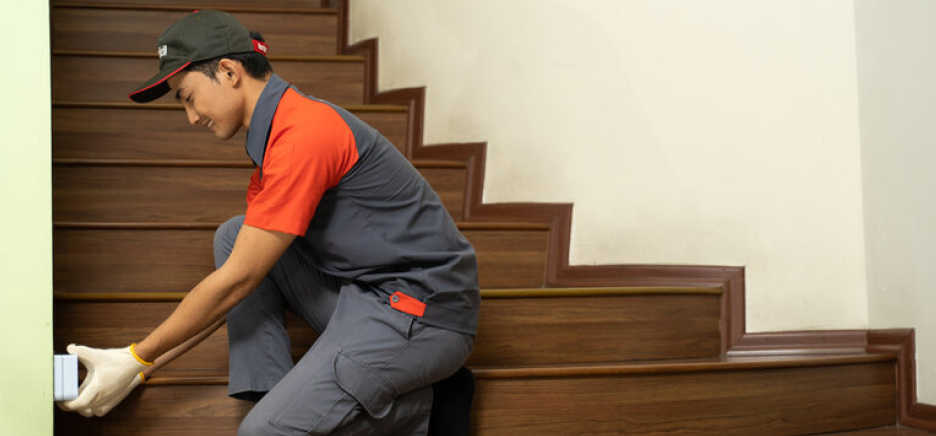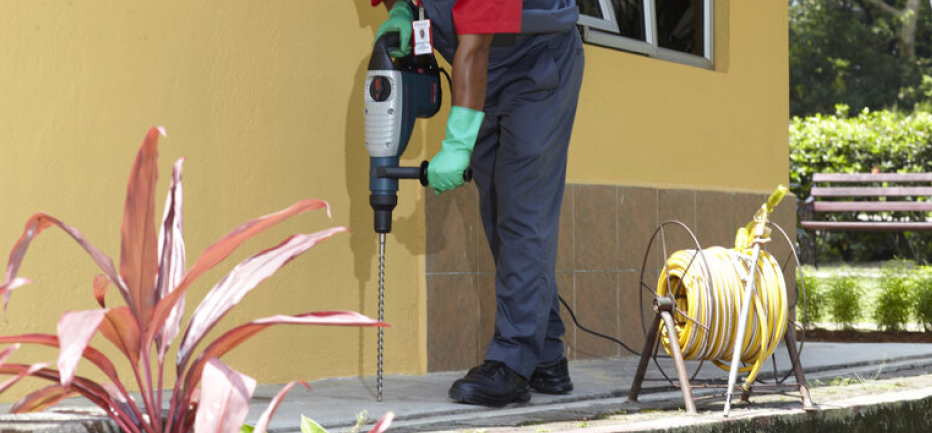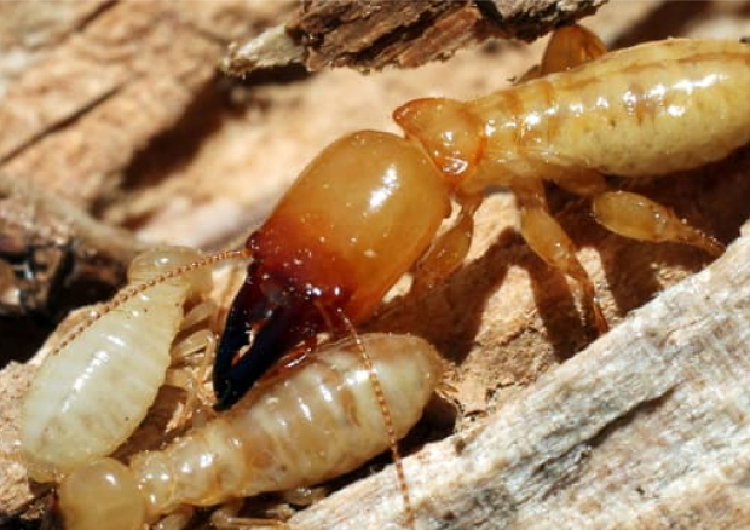The Royal Insects: Termites
Dragons. Brave heroes saving their homeland. Kings and queens of a distant country. Many of us are fascinated with the medieval ages, from the time when we were kids pretending to be princes and princesses, to our adulthood anticipating the latest season of Game of Thrones. But did you know, the insect kingdom is home to one of the most extraordinary royal families? The termites of course! Here are some reasons why termites are such royal insects.
All Hail The Queen! (and King)
When it comes to insects, we always talk about the Queen. And why not? Termite Queens are amazing! The Coptotermes termite queen, the most common termite species in the Island of Borneo and thus of course, Brunei, can lay up to 1,000 eggs per day. Together with the King, they are responsible for making sure that the number of termites is always growing to support the colony. What makes termite kings and queens so royal is unlike other insects, they mate for life. Other kings such as ants usually die off right after mating but the termite queen and king mate for a lifetime, just like you’re happily ever after in every fairy tale. They are also completely served by termite workers, being fed, and served every single moment of their lives. Talk about a pampered lifestyle.
To Protect And Serve Is The Soldier’s Way
Every royal kingdom needs an army, and this is where the termite soldiers come in. These blind insects are tasked with guarding the colony from threats and predators. Imagine having to fight without being able to see your enemies! To help them, they have large mandibles as their weapons but that’s not all. Some termites can secrete sticky liquids or chemical sprays to protect the colony.
What’s even more surprising is the older the termite soldier is, the more likely they will be the first ones to defend their colony. According to a study done on termite behaviour, older termite soldiers are usually the first to defend their nests. In human terms, it’s sending a blind 60-year-old man to fight a war, because that is exactly what happens when a termite colony is threatened. Older soldiers sacrifice themselves to weaken the threat and allow the younger soldiers time to protect the king and queen. While the situation can be quite morbid, I like to think of the older soldiers as brave generals who have had a long life and are ready to pass on their duties to the next generation and protect their homes.

Working 24/7 without pay?!
Finally, we have the termite workers. Just like every castle has its servants, workers are in charge of finding food and water sources, building and maintaining the nest and feeding the rest of the colony. They work 24 hours a day, 7 days a week and anything that the colony needs is provided by the workers.
Workers are blind, just like soldiers as they live in the dark most of their lives. They also require lots of humidity to survive, which is why they build mud tubes to keep their colonies humid. These mud tubes also act as protection against predators when they are foraging for food.
For being the equivalent of servants, these workers are the most destructive termites. The workers are the ones who actively seek out food, which unfortunately comes in the shape of our homes. They chew through all the wood they can find, leaving behind hollow sounding and fragile structures. So, if you thought that it was the soldiers that caused the most damage, it was your humble termite worker chewing away at your wooden door to feed their king and queen.
The Three Effective Ways to Treat Termites Everyone Needs to Know
For new homeowners, it is an extremely stressful time of their lives. Renovating a new home not only means figuring out what paint colour you want, but also things like plumbing, electrical works, furniture, etc which can cause a lot of headaches. After all the headaches, homeowners tend to stress about protecting their beautiful homes from termites. They know termites are bad, but they don’t know what solutions they should take, and which one is the best for them. So, we are here to help with our handy guide on three ways to treat termites.

Termite Baiting
First off, we have termite baiting. So, you missed out on getting pre-renovation termite treatment and just your luck, you have a termite infestation after you settled down into your new home. Don’t worry, this method is perfect for helping you to get rid of termites. There are four simple steps to how termite baiting works:
1. Baiting stations are placed around the infected areas. Inside these stations are chemical baits that attract the termite workers and provides a source of food
2. The baits stop the termite workers from feeding the colony.
3. Without food, the termite colony dies off, eliminating your infestation and preventing any further damage to your home.
The thing about a termite colony is that they need workers to survive. They aren’t like humans where we can take on multiple roles. Termite workers are the only ones who can forage for food and build nests. By slowly killing off the workers, the rest of the termites lose their source of food and eventually the entire colony collapses.

Liquid Termiticide
But what if you don’t have termites? Well, prevention is better than a cure as they say. Termite drilling is the best way to protect your home from being attacked by termites in the future. How it works is simple:
1. Liquid termiticide is injected around your home by drilling holes into the ground.
2. This creates a barrier of termiticide between your home and the termites
3. When the termites come into contact with the barrier, the termiticide coats their body. These termites soaked in termiticide spread it back to the colony
4. The termiticide is eventually spread throughout the entire colony, killing off each termite one by one.
This method is highly effective against termites because of these insects’ behaviour. Subterranean termites, the most common type found in Brunei, build their homes underground. That’s also how they get into your home, by tunneling through the earth and getting into your home. The termiticide barrier takes advantage of this behaviour and effectively prevents termites from gaining access to your home.

Termite Monitoring:
But what if you’re just not sure if you have termites but you still want to protect your home? Well, we have something for you too! Termite monitoring is perfect for when you don’t know if you have termites or not and you’re not too keen on injecting chemicals under your home. So, here is how it works
1. Monitoring stations are placed around your home in soil areas.
2. Rentokil technicians will routinely check these stations to see if there’s any evidence of termite activity
3. Technicians will place chemical baits into the station to feed the termite colony before they cause further damage
With monitoring, you’ll still be taking a proactive approach to dealing with termites. So, if you’re unsure if you do have termites, this is the solution for you.
And that’s the three types of termite solutions that you can consider protecting your home from termites. Call us at 2430309, visit our website for termite solutions today. Let Rentokil help you keep your home safe.
This article was first published on 22 January 2022 in our Weekly E-Paper issue 177 |
THE BRUNEIAN | BANDAR SERI BEGAWAN



